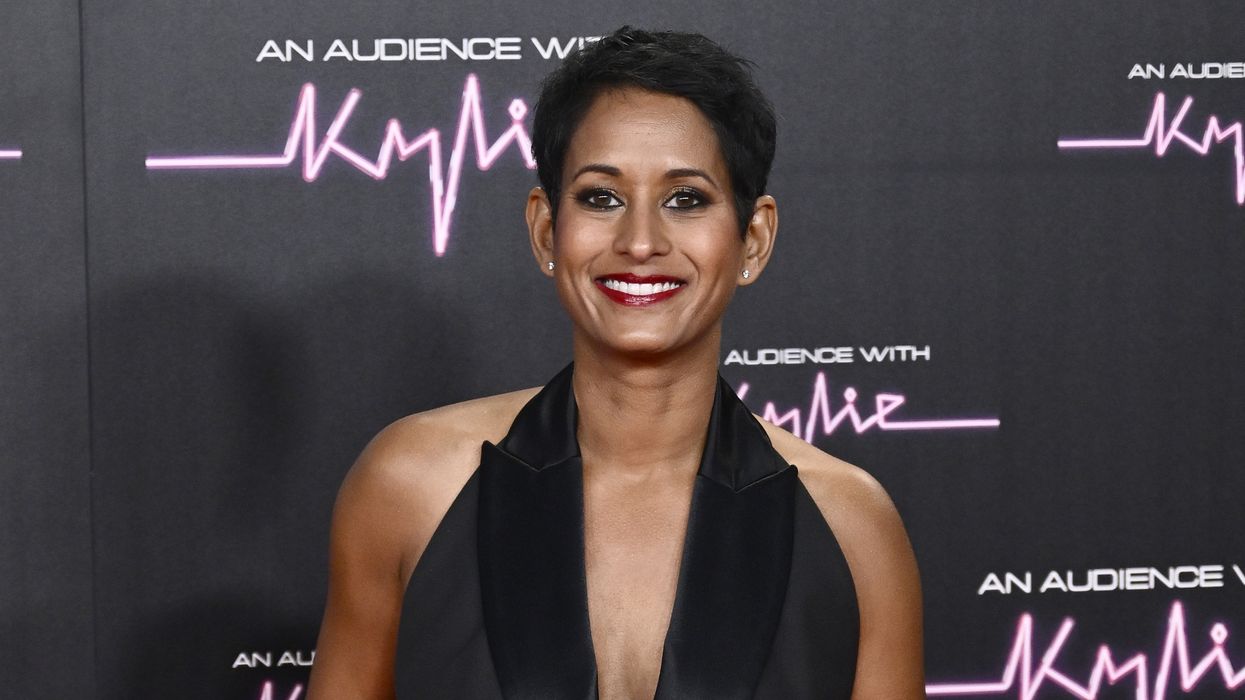BBC Breakfast presenter Naga Munchetty has spoken out about the severe pain she experienced during the fitting and removal of an intrauterine device (IUD), revealing she passed out twice during the procedure. She has called for greater transparency around the potential discomfort associated with the contraceptive and criticised what she describes as a culture of “medical misogyny”.
Speaking on the Life of Bryony podcast, Munchetty, 50, said she wanted more women to be fully informed about the realities of the procedure. She urged medical professionals to be honest about the potential for pain and to offer pain relief options, including anaesthetic, more readily.
An IUD, commonly referred to as a coil, is a small T-shaped device inserted into the uterus to prevent pregnancy. It comes in two main types: hormonal and copper. Both versions are considered highly effective, with success rates of over 99%, and can remain in place for between five and ten years.
However, the fitting process can be painful for some women, with experiences ranging from mild discomfort to severe pain. “I passed out twice on the bed because of the pain,” Munchetty said. “I passed out when it was taken out as well.”
She believes that because IUDs are so effective and beneficial, the medical profession tends to downplay the risks and discomforts involved. “They almost hide all the issues that can happen,” she said, comparing it to how girls are often told misleading information about periods, such as blood loss being “only a couple of teaspoons”.
“That’s not helping anyone,” she added. “It sets you up for a life of fear, thinking you’re abnormal in some way. That makes people less comfortable talking about it. Just tell us – we’re not idiots.”
Munchetty also highlighted cost as a factor in the decision not to offer anaesthetic for procedures like IUD fittings. She advised women to speak up and ask for pain relief when undergoing such procedures.
“Tell them to explain exactly the procedure you want done and remember your past experiences. If you ask for pain relief, it’s not a bad thing,” she said. “You are doing such a good thing for your own body and health in getting something like a smear test or an IUD.”
The broadcaster has been increasingly vocal about women’s health issues since publicly revealing her diagnosis of adenomyosis in 2023. The condition, which causes the lining of the womb to grow into the muscular wall of the uterus, can result in heavy, painful periods.
Munchetty has since become an advocate against medical misogyny – a term used to describe systemic gender bias in healthcare. This includes limited funding for female-specific conditions, delayed diagnoses, and the dismissal of women’s pain or symptoms.
She recently published a book titled It’s Probably Nothing: Critical Conversations on the Women’s Health Crisis, which explores the challenges women face when seeking care and calls for reforms in the treatment of female patients.





